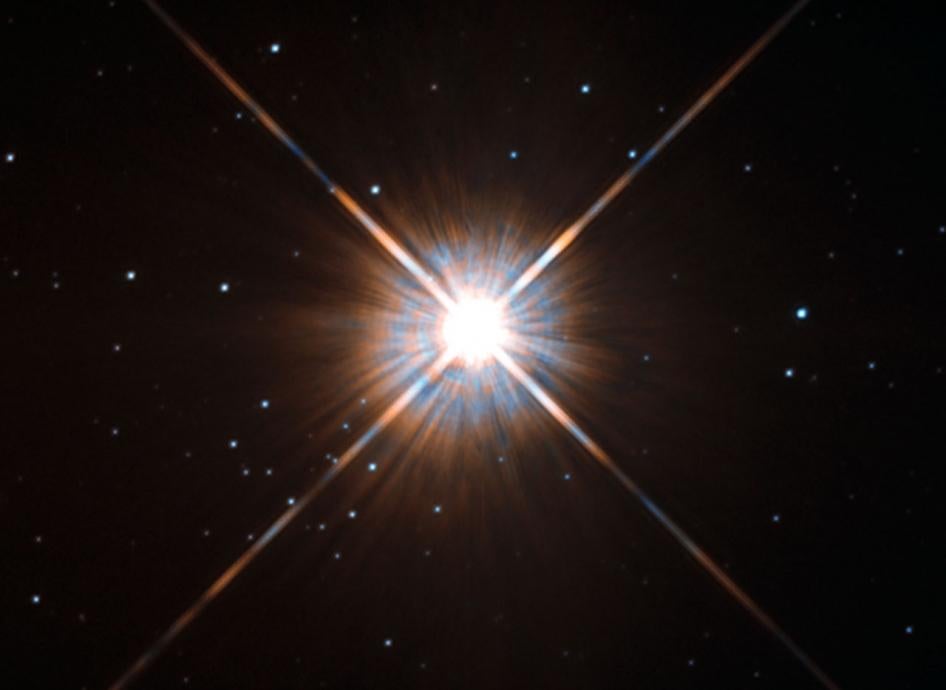Scientists find ‘closest ever’ second Earth outside our solar system – but won’t say so
The discovery is rumoured to be getting its reveal at the end of this month

Scientists might have found the closest ever candidate for another Earth that could support life, according to reports. But nobody will say whether it’s true.
The new-found planet orbits around a now well-investigated star in Proxima Centauri, near us, according to reports. It is similar to Earth and could support life, it is claimed.
The researchers that found the planet are expected to show it off at the end of this month. But until then they are saying nothing.
One report said the planet will be the closest 'second Earth' ever found. The Proxima Centauri star is part of the Alpha Centauri system, which includes our solar system.
"The still nameless planet is believed to be Earth-like and orbits at a distance to Proxima Centauri that could allow it to have liquid water on its surface — an important requirement for the emergence of life," German newspaper Der Spiegel reported.
The report didn’t give any more details on the planet itself.
A spokesperson for the European Southern Observatory has refused to comment on the report, but said that he was aware of it.
Nasa revealed a second Earth to much fanfare last year. That planet was called Kepler 452b, and is just 60 per cent larger than Earth and in many other ways is almost identical to our planet.
But since it is so far away – 1,400 light years – the chance of ever getting there or learning much more about it is limited. The new discovery is far, far nearer, at just 4.24 light years from us.

But that still makes it far too far away to actually visit with today’s technology. But it means that we will be able to learn far more about the planet than we could about further away ones.
Join our commenting forum
Join thought-provoking conversations, follow other Independent readers and see their replies
Comments
Bookmark popover
Removed from bookmarks